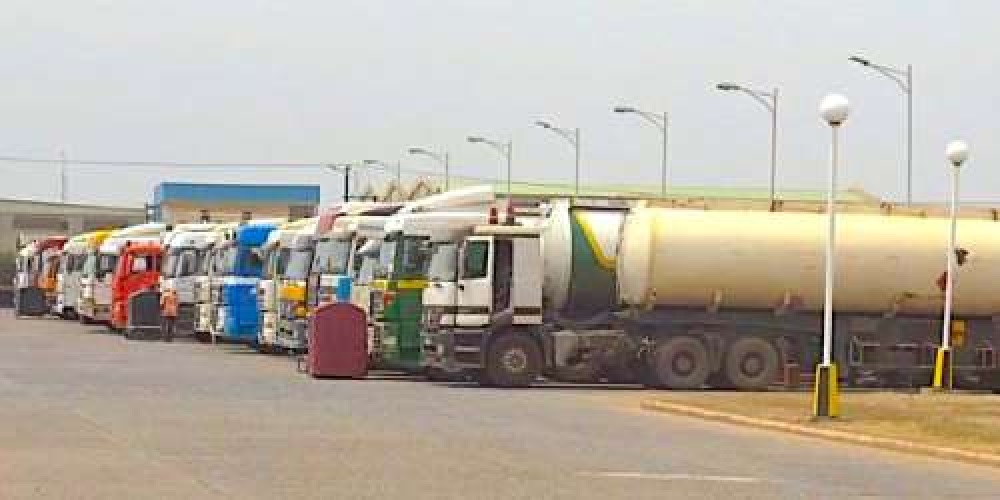Nigeria is on the brink of another fuel scarcity crisis as the Nigerian Association of Road Transport Owners (NARTO) has declared its intention to halt the transportation of petroleum products starting Monday.
This decision stems from the soaring operational costs experienced by NARTO members, primarily due to the exorbitant price of diesel needed to fuel their trucks for product transportation nationwide.
NARTO, a crucial player in transporting petroleum products across Nigeria, has expressed concerns over the escalating diesel prices, which currently range between N1,250 to N1,400 per litre, varying depending on the location of purchase.
The high cost of diesel is making it increasingly difficult for petroleum tanker owners to continue their operations without incurring significant losses.
The potential shutdown of petroleum tankers on Monday could lead to widespread fuel scarcity throughout the country, impacting the daily lives of millions of Nigerians who rely on fuel for transportation and power generation.
The situation also threatens to disrupt the economy, as businesses and industries may be forced to scale back operations due to the lack of fuel.
The Nigerian government has yet to respond to the NARTO’s announcement, but it is expected that they will take swift action to address the concerns of the transport owners and prevent a fuel scarcity crisis.
In the meantime, Nigerians are advised to be prepared for potential disruptions in fuel supply and to make any necessary arrangements to ensure they have adequate fuel for their needs.
The looming fuel scarcity crisis highlights the need for Nigeria to address its long-standing issues with fuel subsidies and the lack of domestic refining capacity.
The country, which is a major oil producer, still relies heavily on imported refined petroleum products, making it vulnerable to fluctuations in global oil prices and supply chain disruptions.
As the situation unfolds, it is crucial for all stakeholders to work together to find a sustainable solution to Nigeria’s fuel supply challenges.
Failure to do so could result in long-term economic consequences and further hardship for the Nigerian people.

